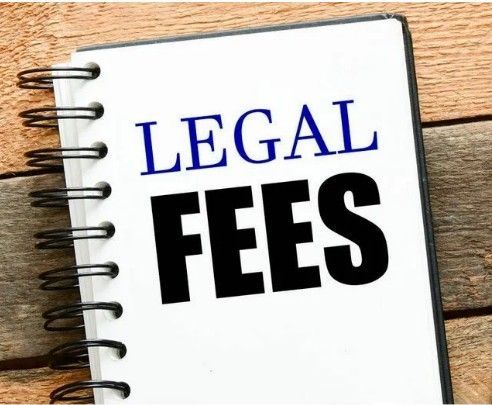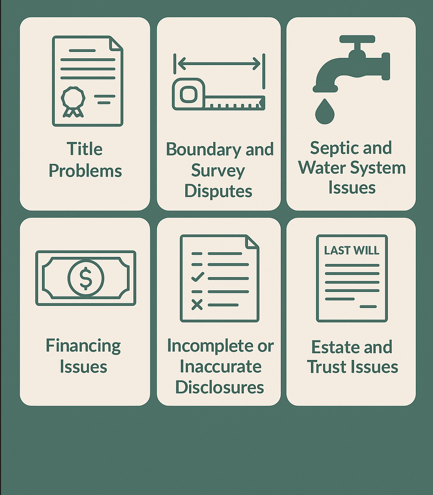Common Mistakes People Make While Buying a Home

Buying a home is a big investment that requires careful thought because there are so many mistakes that can be made during the process. Below is a list of some of the common mistakes that you can make while purchasing a home.
Not Getting Pre-Approved for a Mortgage
If you want to buy your home using a mortgage, not getting pre-approved for a mortgage can limit your options and complicate home-buying. When a lender pre-approves you, they look at your finances and decide how much they will lend you. With pre-approval, you may know what type of house you can afford. Failing to get pre-approved can lead to disappointment if you find a home you love but cannot afford.
It could also make you miss out on a good chance since some sellers prefer buyers with pre-approval letters, which show that you are serious and have the money to buy their home. Getting pre-approved can also help you negotiate with the seller. Because you know how much you can borrow from the lender, you can use it as leverage during the negotiation process.
Not Considering the Long-Term Cost
If you think about long-term costs, you could avoid unexpected expenses and financial stress in the future. Even if the price to buy is low, you should think about how much it will cost to fix, maintain, and run the home. For example, a home needing major repairs or renovations can be costly and time-consuming.
Similarly, a home that is inefficient in terms of energy can result in high utility bills. Furthermore, older homes may require more maintenance and repairs than newer homes. These costs can add up quickly and put a lot of strain on a homeowner's budget.
Failing to Do a Thorough Home Inspection
When buying a house, you need a thorough home inspection to find problems that might not be obvious at first glance. A professional home inspector will look at the house's structure, foundation, roof, plumbing, electrical, heating, ventilation, and air conditioning, as well as any other major appliances or features.
They'll also look for signs of damage, wear, or defects that could lead to expensive repairs or safety hazards. Skipping the inspection can result in unexpected and costly repairs later on. It can also lead to potential safety hazards or issues that affect the house's livability. A home inspection report can also be a negotiation tool with the seller about the price or any repairs needed.
Skipping the Contingency Clauses
Leaving out the contingency clauses puts the buyer at risk. Contingency clauses are requirements that one must meet before finalizing the sale. These clauses help protect the buyer in case certain conditions aren't met.
For example, a home inspection contingency clause lets the buyer have the property inspected by a professional inspector and back out of the sale if the inspection finds significant problems. With a mortgage contingency clause, if the buyer can't get financing, they can back out of the deal. Even if there are problems, the buyer must agree to these clauses before the deal can go through.
Some sellers may prefer buyers who don't have any conditions because it speeds up the process. However, this can be a considerable risk for the buyer because if the sale falls through, they could lose their deposit and other costs. Also, leaving out the contingency clauses could force the buyer to buy a house they no longer want.
Working Without a Real Estate Lawyer
At Peet Law Group, we understand that purchasing a home is a significant financial investment, and the process can be confusing. That is why we want to assist you in avoiding the common mistakes made by home buyers.
Our team of experienced lawyers will help you buy a home and ensure you are well protected. Don't take any chances — contact us today to schedule a consultation to learn how we can help you confidently navigate the home-buying process.










